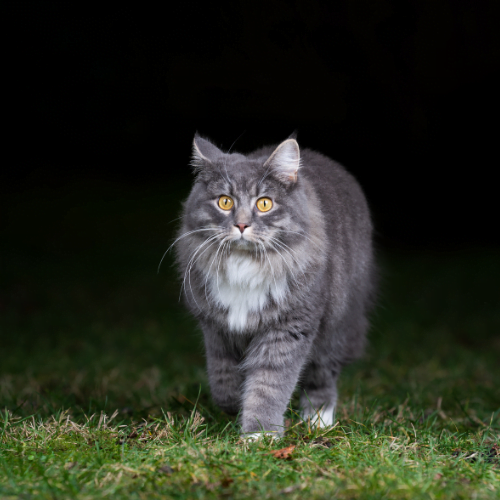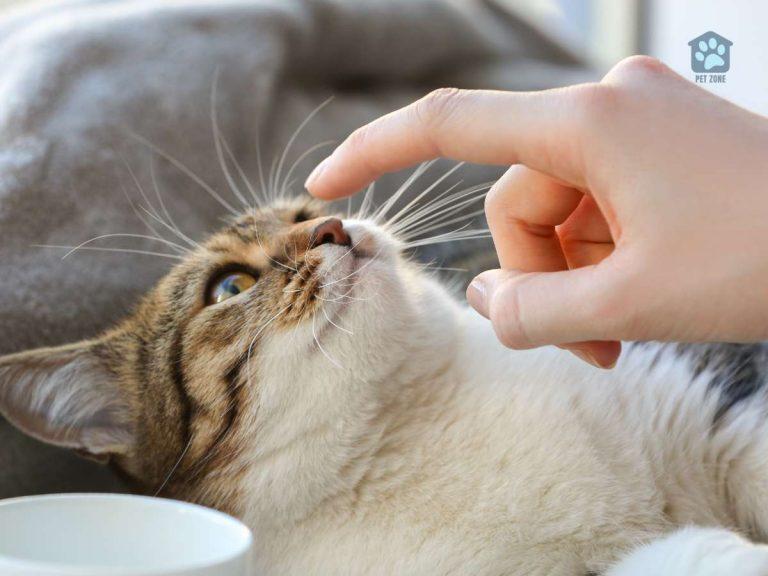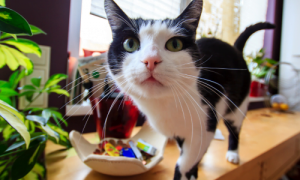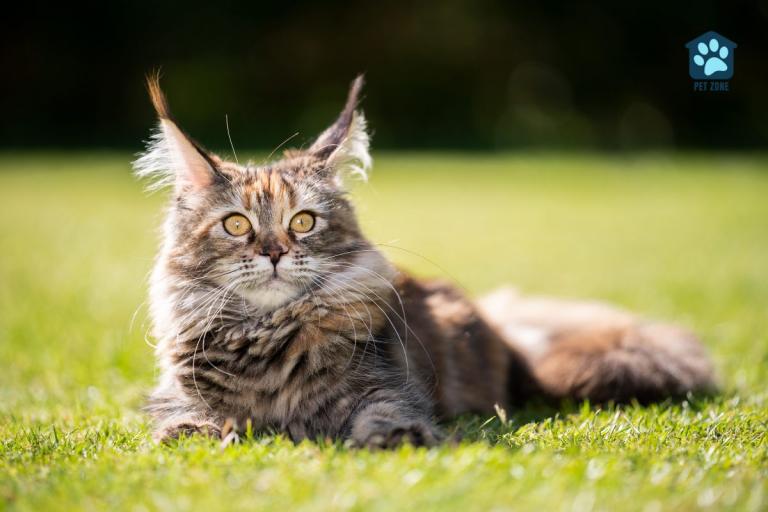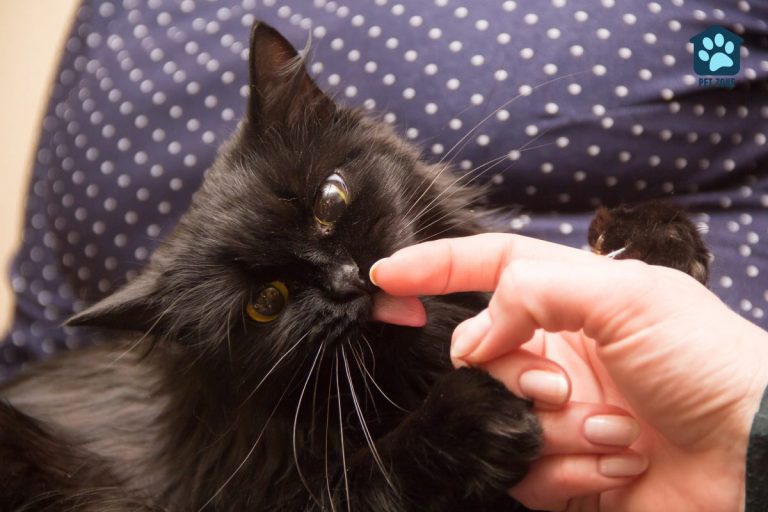Estimated reading time: 3 minutes
Have you ever wondered, “Are cats nocturnal?” If you’re a cat owner, chances are you’ve been woken up by your feline friend in the middle of the night. And it’s natural to wonder if our furry companions are more active during the night than during the day. In this blog post, we’ll dive deep into understanding feline behavior and answer this burning question. So, let’s get started!
What are Nocturnal Animals
Before we jump into discussing whether cats are nocturnal, it’s essential to understand what it means to be nocturnal. Nocturnal animals are those that are primarily active during the nighttime and sleep during the day. Examples of nocturnal creatures include owls, bats, and raccoons.
But where do cats fit into this category? While many people believe cats are nocturnal, the truth is a little more nuanced.
Cats Are Crepuscular Creatures
Cats are not strictly nocturnal; they are, in fact, crepuscular animals. Crepuscular creatures are most active during twilight hours, typically around dawn and dusk. This activity pattern is a result of their evolutionary history.
Wild cats, such as lions and tigers, are known to hunt during dawn and dusk to take advantage of the cooler temperatures and low light conditions. This behavior has trickled down to our domesticated feline friends, who still exhibit these hunting instincts.
Why the Confusion About Cats Being Nocturnal?
The misconception that cats are nocturnal likely stems from their increased activity during the night. Since cats are crepuscular, their activity levels peak during the early morning and evening. However, many indoor cats adjust their schedule to match their owners’ routines, which can result in more nighttime activity.
Additionally, cats have excellent night vision, which allows them to navigate and explore their environment with ease even in low light conditions. This ability might lead people to believe that cats are truly nocturnal creatures.
The Impact of Domestication on Feline Behavior
Domestication has significantly impacted cats’ activity patterns. As our feline friends have adapted to living with humans, their schedules have shifted to better align with ours. For example, some cats have learned to sleep more during the day, so they can be awake and active when their owners are home from work.
However, this doesn’t mean that cats have completely abandoned their crepuscular instincts. Many cats will still display bursts of energy and playfulness during the early morning and evening hours, particularly if they have ample opportunity to engage in play and exercise.
Conclusion
So, are cats nocturnal? While it’s a common misconception, cats are not true nocturnal animals. Instead, they are crepuscular creatures that are most active during the early morning and evening hours. Domestication has had a significant impact on cats’ activity patterns, with many adapting their schedules to better align with their human companions.
By understanding your cat’s natural instincts and providing them with opportunities for enrichment and play, you can help them maintain a healthy and happy lifestyle that aligns with your own.


